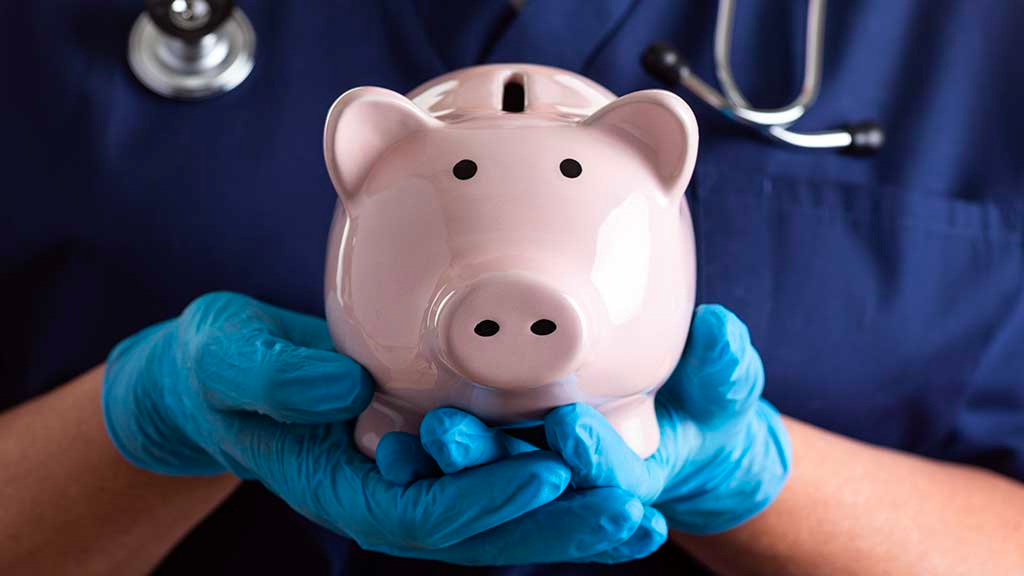Nursing can be an emotionally taxing career, and working in any healthcare setting can take a toll over time.
If you’re a prudent, forward-thinking and emotionally intelligent nurse, you may already know how to practice good self-care and make deposits to your emotional savings account for future moments when the going gets significantly tougher. If you’re not quite on board with this idea, you may want to look again at how to strengthen your emotional reserves.
Your Emotional Savings Account
Why is it important for you to have an emotional savings account? Since we already established that nursing is a stressful and emotionally taxing career, that could be reason enough to take inspired action.
Many of us nurses hit bottom at some point in our careers when we experience burnout, compassion fatigue and/or the effects of stress-based illness.
However, if things are difficult and you’ve been making regular deposits into your account over time, you can then make withdrawals when you need them most; this can often mitigate the impact of stress and could potentially help you avoid burnout altogether.

What Can Emotional Self-Care Look Like?
A nurse who doesn’t choose to make deposits to their emotional savings account may have a more difficult time dealing with the slings and arrows of the profession. Such deposits come in many forms, and the most important thing is that the nurse maintains awareness of how crucial such practices are.
Deposits to your account can look different for everyone - some examples include:
- Engaging in psychotherapy or counselling in order to maintain mental health and have an ongoing relationship with an objective advocate
- Practicing meditation, visualization, or other forms of mindful wellness
- Spending time in nature
- Reading books that feed your soul and spirit, or that teach you important lessons about emotional balance and self-care
- Maintaining close friendships with people who are supportive and loving, especially when things are difficult
- Making sure to take time off, go on holiday and have opportunities for relaxation
- Learning skills in setting healthy personal boundaries
- Developing your ability to have hard conversations, deal with difficult people and navigate less-than-perfect relationships with colleagues
- Finding ways to leave your work behind and enjoy time with family and friends without obsessing about your job
- Finding time to exercise and care for your physical body
- Allowing criticism and feedback to not damage your self-esteem
- Having fulfilling hobbies and pastimes that help you feel more balanced and whole
- Having a coach or accountability partner who keeps you on task in terms of your self-care practices and calls you out when you’re not doing what it takes to live a healthy life
- Finding a healthy work environment and institutional culture where you can thrive, feel valued and create a professional life that feels positive and fulfilling.
A Savings Account for Life
Deposits to your emotional savings account are for you to make. In order to make it a habit, you first need to identify the practices, strategies and skills that truly help you to maintain a work-life balance and feel good about who you are as a nurse and a human being.
If you have the self-awareness to know the parts of your psyche that need strengthening, all the better; and if you need help discovering what those are, help is out there.
Lean into your savings account, make regular deposits and see to it that your emotional, psychological, spiritual and physical wellness remain top priorities in your life from today forward; it’s worth every ounce of effort that you invest!
Additional Resources




